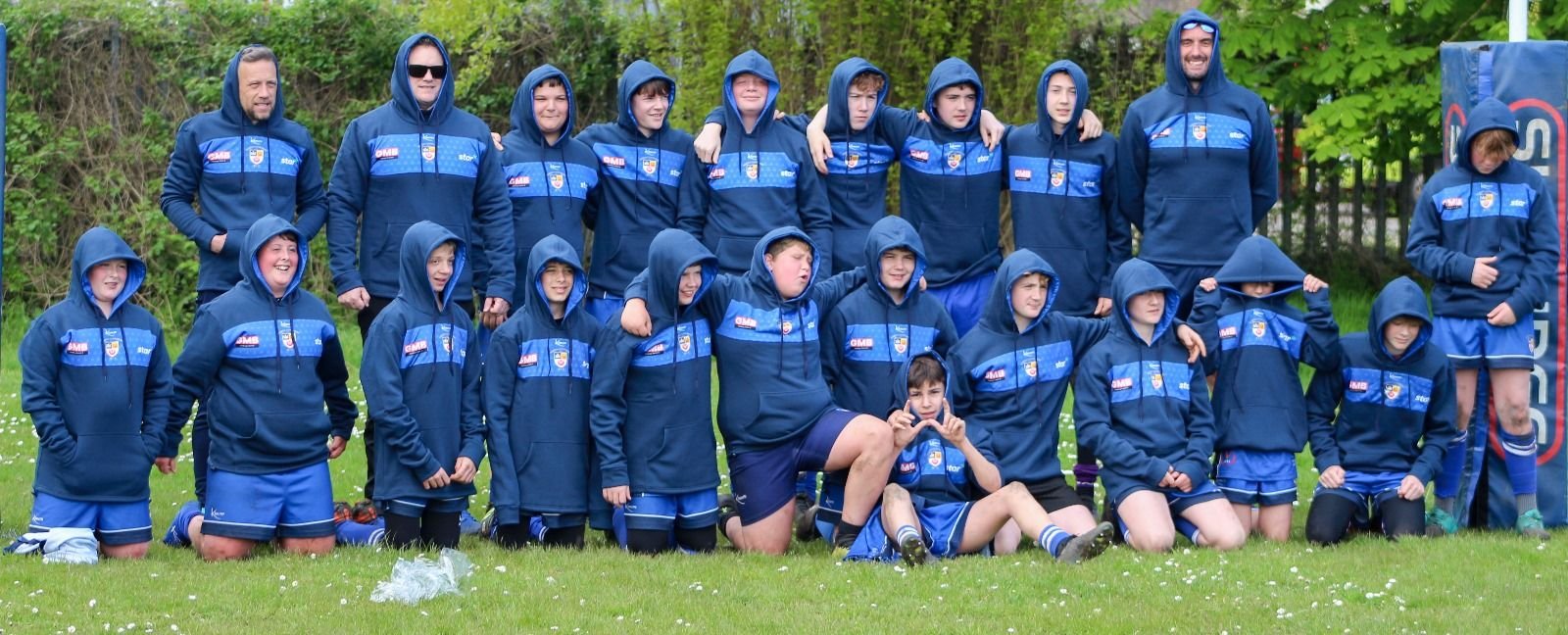
Our Research
As the only sports charity in the UK currently to use Constructivist Grounded Theory* as our evidence base, we engage in three forms of research to measure impact: Broad, Specific and Deep.
-
Broad
Broad research asks three non-leading, qualitative questions of anyone at anytime involved in the scheme with the aim of understanding the reach of star*. All team members are empowered to collect responses from the Chair of the Board to the newest Regional Manager. This work is continuous and ever-evolving; it helps to contextualise and adds background to the Grounded Theory.
To date, our broad research would suggest that the charity has significant impact, most notably in the development of people’s social capital: the ability to draw upon social action and interactions to develop one's confidence, support structures, connections and opportunities. This is reinforced by the work of Viding, et al. (2022) who discuss the need of positive and protective social architectures. Participant references in our research often related to ‘developing common understanding, new networks that are enabling’ were frequent and numerous. The frequent term, ‘network’ was used by all groups, often in the context of expanding that of the young people. Networks are also used by coaches to describe their change of role to becoming ‘emotionally available adults’; a critical and resounding element echoed through most interviews, and seemingly the most important impact of the charity to date.
Notions of ‘bridging’ were described powerfully by one coach, discussing how the charity provides formal structures for informal support. The impact of the charity’s training and the development of coaches resonates continuously, including comments such as:
‘[becoming] hyper aware of children and their needs’
‘[understanding] how to coach in a mentally healthy way’
‘... developing the adults first.’
‘It's about creating safe relationships’
‘... it only takes one emotionally available adult to make the difference.’
Young People and Families
For young people, it is clear that the mission of star* is to reduce the barriers for those with ACEs and mental health challenges so that they access sport, build new relationships, experience success is understood and acknowledged by individuals.
‘... it gives you everything’
‘... lifelong friends playing rugby’
‘... why I want to do stuff with star’
Interviews with young people is a key focus of our Deep Impact Case Studies which we are conducting in 2024.
Adults involved: coaches and supporters
As far as coaches are concerned, the impact on this group is clear: the support they receive through training and star leadership is having a marked impact, with practice being transformed from a traditional rugby coaching to a more emotionally available adult mindset. This is seemingly not just having a direct impact on young people, but on them as individuals:
‘... realizing that you can make that real difference.’
‘... star enables belonging’
‘... improved the way I think about myself’
‘... intrinsically inspires people’
As of January 2024, we have conducted ten Grounded Theory prompted monologues of supporters, coaches, family members and young people. In brief, every line of each prompted monologue (an uninterrupted unstructured interview) was coded in three ways: in-vivo extracts (exact extracts used by participants), interpreted codes using sports and charitable contexts and star* acronyms as codes (support, transform, achieve, resilience).
Our plans to engage in specific research will look at coaches as a particular group, with the intention of understanding if similarities and differences exist between paid coaches of the premiership clubs and the volunteer local clubs.
Neil, L., Viding, E., Armbruster-Genc, D., Lisi, M., Mareschal, I., Rankin, G., Sharp, M., Phillips, H., Rapley, J., Martin, P., & McCrory, E. (2022). Trust and childhood maltreatment: evidence of bias in appraisal of unfamiliar faces. Journal of Child Psychology and Psychiatry, 63(6), 655–662. https://doi.org/10.1111/jcpp.13503
-
Specific
Specific research uses a case study approach to look at impact on specific groups that has arisen from either the broad or deep approaches (‘purposive sampling’ within Constructivist Grounded Theory). Its aim is to understanding a specific phenomena observed, such as increased referrals, the role of community liaison workers or the impact of emotionally-available adults. This is usually conducted through prompted monologues (unstructured interviews) by our Lead Researcher with a single prompt focused on understanding more of the phenomenon.
In 2023, we conducted a series of surveys of coaches and leaders in clubs that had recently engaged in star* training. It could be said that the thoughts of coaches and leaders involved in the star* scheme (via online survey) were based around the concept of ‘meta-awareness’ (the deliberate attention toward the contents of conscious thought, serving as an appraisal of experiential consciousness). Meta-awareness is necessary for such uniquely human tasks as monitoring and controlling conscious thought.’ (Chin & Schooler, 2010)’.
In the context of the star* scheme, we would suggest that this relates to a combination of being self-aware in how one might support YP with ACEs and aware of how ACEs can affect YP.
For those involved in the scheme for more than six months, there was a greater emphasis on the awareness of ACEs on YP. Perhaps subtle, but it might suggest that the longer coaches and leaders are involved in the star* scheme, the greater impact they ‘see’ and ‘understand’.
In 2024, we continue to delve into the thoughts of grassroots coaches by asking the same three questions (see below) of everyone. Preferably, these ‘prompted monologues’ (interviews) are audio recorded to help with the transcription process. should audio recording not be possible then coaches will be basked to complete the questions themselves using a Google Form.
- What does rugby and the star* scheme mean to you?
- And, what difference does it make?
- And, is there anything else about it?
The responses will be coded and grouped according to Constructivist Grounded Theory approaches and a case study produced early 2025.
-
Deep
Deep Research is focused on tracking the journey of individual young people new to star* across the regions. Through a series of deep prompted monologues, Regional Managers listen to not only the young person but all the adults around them including teachers, coaches and family members. Repeated three times in a season, the grounded approach seeks to understand the profound changes that can occur as a result of star*.
Having agreed our ethical protocols, we are currently in the early stages of participant selection and initial interviews. Our approach to both the broad and deep case studies (including ethical considerations) can be seen by clicking on the links.
We are particulary interested in collecting the stories of what we call in the research world as the 'outliers', the stories that are not the norm and contain an unusual element or dimension.
Currently, we have a few case studies we are pursuing including a young refugee and, using our new star* Austraila project, including Original Peoples of Australia.
We are keen to look at other unusual stories that need to be told, particuary those that with protected characteristics under the Equalities Act.
-
Our Published Research
You can read our published research below. As a fairly new charity, we are still building our research base, and expect to publish several papers in the next 12 months.
Research Papers:
WHAT IS CONSTRUCTIVIST GROUNDED THEORY?
At star*, we employ Constructivist Grounded Theory to elucidate the multifaceted impacts of our initiatives on individuals and groups. By utilising this qualitative research method, we immerse ourselves in the rich data (we use the exact words that people use) collected from various stakeholders, empowering us to explore and discern the diverse experiences and perceptions related to the star* .
Through an iterative process of data collection (we make codes from the words people use and continually revisit and match them up into groups, called Constant Comparison) through unstructured interviews (or ‘prompted monologues’ that we repeat over a period of time), we uncover the nuanced ways in which the scheme’s approach influences personal development and culture change.
Constructivist Grounded Theory allows us to uncover unanticipated insights and perspectives, enabling a more holistic understanding of the scheme's implications by using people’s own words as mirrors to understand our actions, and fostering continuous improvement in our strategies and support mechanisms.
*We are the only sports charity using Constructivist Grounded Theory that we know of or can find out about.
